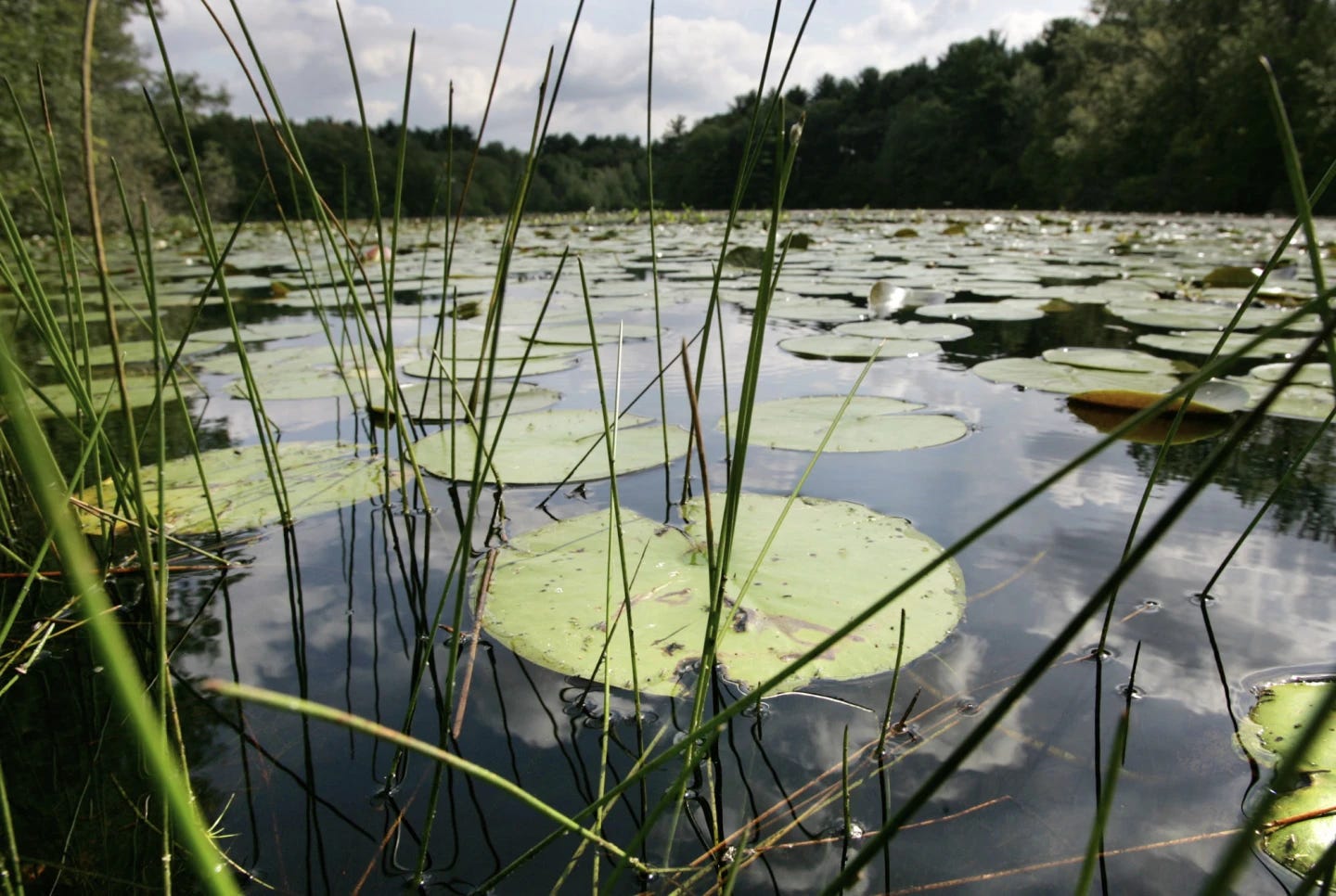Study Finds Nearly a Quarter of Freshwater Species at Risk of Extinction
WASHINGTON (AP) — A recent study reveals that nearly a quarter of animals living in rivers, lakes, and other freshwater ecosystems face the threat of extinction.
“Large rivers like the Amazon may seem powerful, but freshwater environments are incredibly fragile,” said Patricia Charvet, a biologist at Brazil's Federal University of Ceará and co-author of the study published Wednesday.
Although freshwater habitats such as rivers, lakes, ponds, streams, bogs, and wetlands cover less than 1% of Earth’s surface, they support 10% of the planet’s animal species, according to Catherine Sayer, a zoologist at the International Union for Conservation of Nature in England.
The research analyzed approximately 23,500 species of freshwater-dependent animals, including dragonflies, fish, and crabs. The findings indicate that 24% of these species are at risk of extinction, categorized as vulnerable, endangered, or critically endangered. The threats include pollution, dam construction, water extraction, agriculture, invasive species, climate change, and other environmental disruptions.
“Most species are not threatened by just one factor but rather by a combination of risks,” said Sayer, a co-author of the study.
Published in the journal Nature, the study is the first comprehensive assessment of global freshwater species risk. Previous research has primarily focused on terrestrial animals such as mammals, birds, and reptiles.
Stuart Pimm, an ecologist at Duke University who was not involved in the study, hailed it as “a long-awaited and crucial paper.”
“Almost every major river in North America and Europe has been heavily modified through damming, endangering freshwater species,” he noted.
In South America, the Amazon River ecosystem faces significant threats from deforestation, wildfires, and illegal gold mining, according to Charvet.
Illegal fires used to clear forests result in ash contaminating waterways, while unlicensed miners introduce mercury into the river, further endangering aquatic life.
“Rivers and wetlands accumulate everything that happens in their surroundings,” Charvet said. “If a catastrophic event occurs, like an oil or acid spill, it can wipe out an entire species. These animals have nowhere else to go.”
The Associated Press Health and Science Department receives support from the Howard Hughes Medical Institute’s Science and Educational Media Group. The AP is solely responsible for all content.


